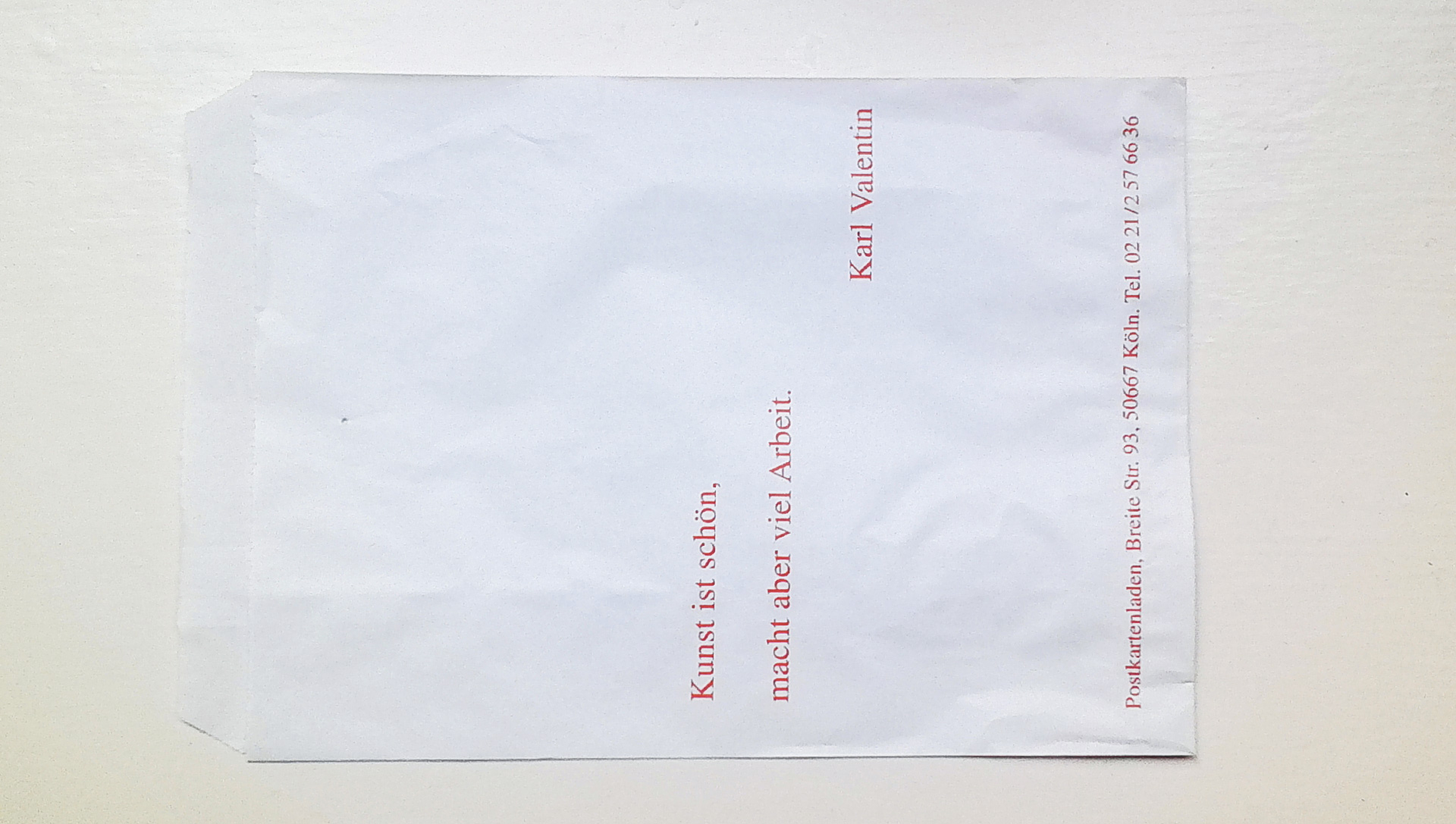

Printing is a process for reproducing text and images using a master form or template. The earliest non-paper products involving printing include cylinder seals and objects such as the Cyrus Cylinder and the Cylinders of Nabonidus. The earliest known form of printing as applied to paper was woodblock printing, which appeared in China before 220 A.D. Later developments in printing technology include the movable type invented by Bi Sheng around 1040 AD and the printing press invented by Johannes Gutenberg in the 15th century. The technology of printing played a key role in the development of the Renaissance and the scientific revolution, and laid the material basis for the modern knowledge-based economy and the spread of learning to the masses.
Paper is a thin material produced by pressing together moist fibres of cellulose pulp derived from wood, rags or grasses, and drying them into flexible sheets. It is a versatile material with many uses, including writing, printing, packaging, cleaning, and a number of industrial and construction processes.
The pulp papermaking process is said to have been developed in China during the early 2nd century CE, possibly as early as the year 105 CE, by the Han court eunuch Cai Lun, although the earliest archaeological fragments of paper derive from the 2nd century BCE in China. The modern pulp and paper industry is global, with China leading its production and the United States right behind it.
A bag (also known regionally as a sack) is a common tool in the form of a non-rigid container. The use of bags predates recorded history, with the earliest bags being no more than lengths of animal skin, cotton, or woven plant fibers, folded up at the edges and secured in that shape with strings of the same material.
Despite their simplicity, bags have been fundamental for the development of human civilization, as they allow people to easily collect loose materials such as berries or food grains, and to transport more items than could readily be carried in the hands. The word probably has its origins in the Norse word baggi, from the reconstructed Proto-Indo-European bʰak, but is also comparable to the Welsh baich (load, bundle), and the Greekβάσταγμα (bástagma, load).
Cheap disposable paper bags and plastic shopping bags are very common. In the retail trade as a convenience for shoppers, and are often supplied by the shop for free or for a small fee. Customers may also take their own shopping bags to some shops. Although, paper had been used for purposes of wrapping and padding in ancient China since the 2nd century BC, the first use of paper bags (for preserving the flavor of tea) in China came during the later Tang Dynasty (618–907 AD).